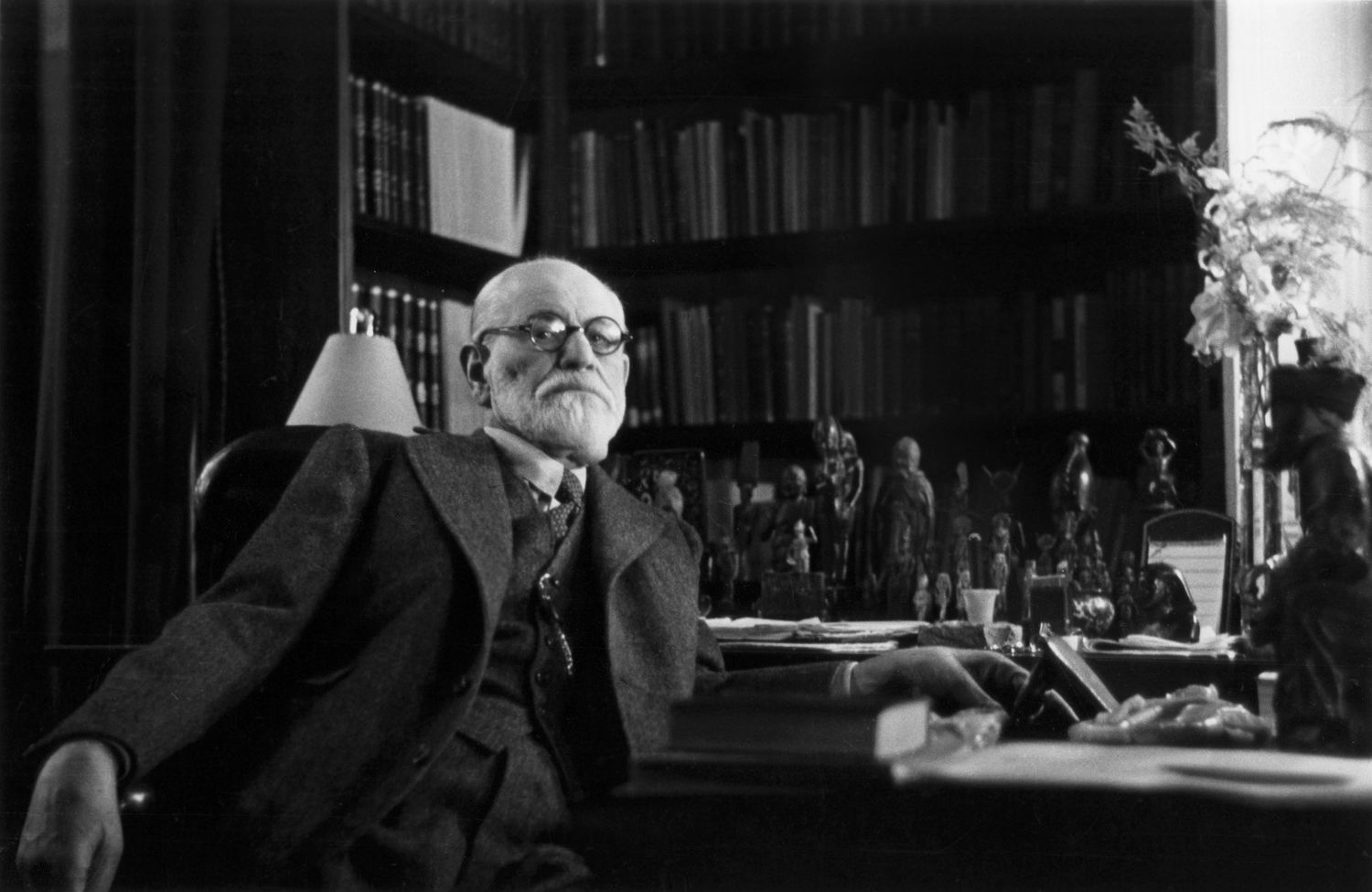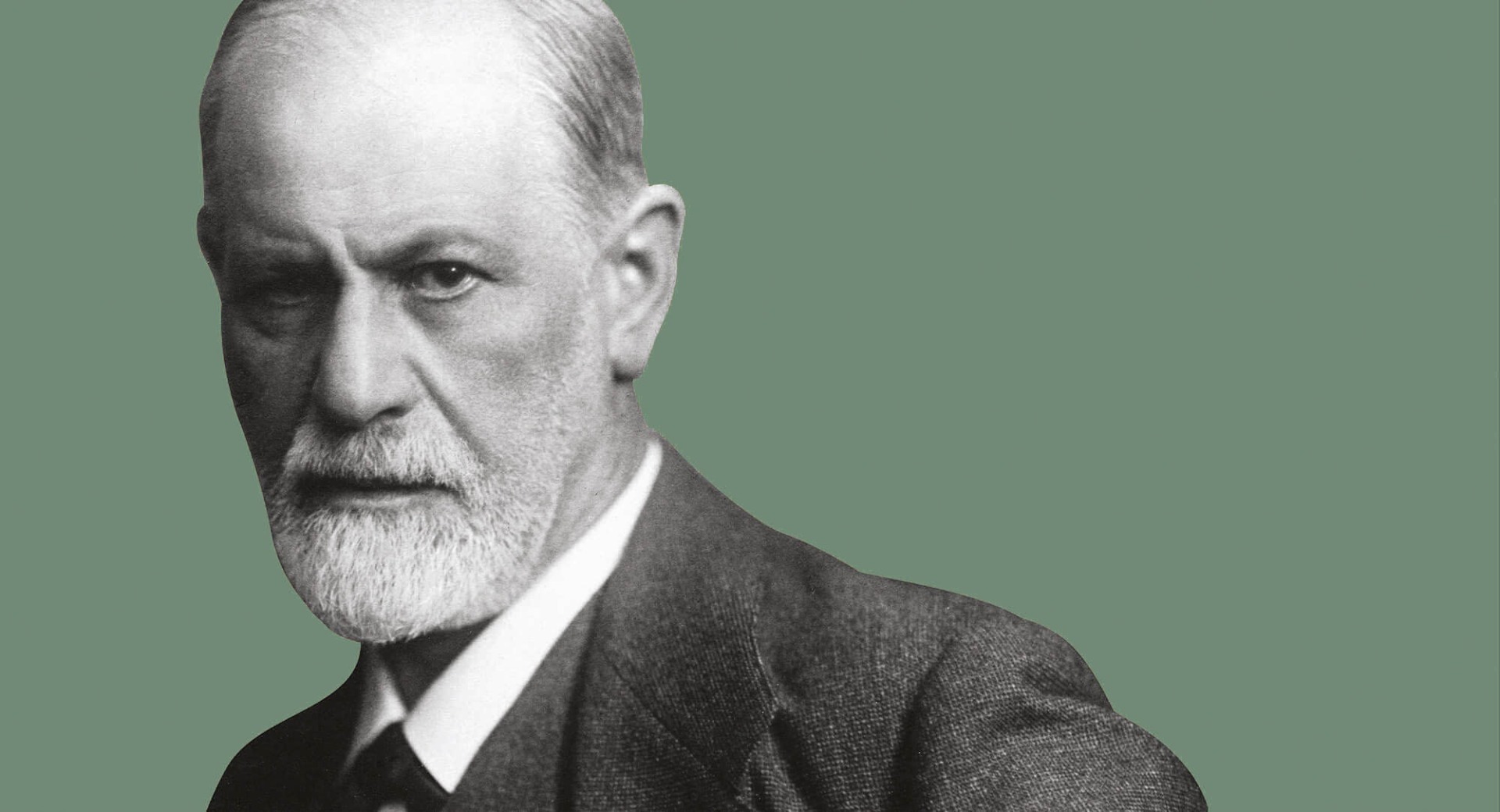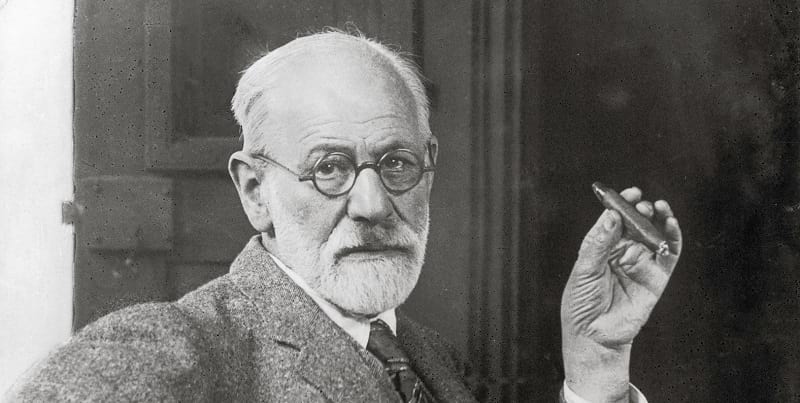Comments
- No comments found

In the annals of psychology, few figures loom as large as Sigmund Freud.
Born in 1856 in what is now the Czech Republic, Freud's revolutionary ideas transformed the landscape of mental health and human understanding. His contributions laid the groundwork for psychoanalysis, a field that continues to influence psychological theory and clinical practice to this day.
Sigmund Freud made groundbreaking contributions to psychology through his exploration of the unconscious mind, psychoanalytic theory, and defense mechanisms. His emphasis on the role of early childhood experiences and the unconscious in shaping personality revolutionized the field of psychology.
Freud's concepts, such as the id, ego, and superego, provided a framework for understanding human behavior and mental processes. Despite facing criticism, Freud's enduring influence continues to shape contemporary psychological theory and clinical practice.

Freud's journey into psychology began with a strong foundation in medicine. After studying medicine at the University of Vienna, he pursued a career in neurology, focusing on the treatment of nervous disorders. It was during this time that he encountered patients with symptoms that had no apparent physical cause, leading him to explore the complexities of the human mind.
One of Freud's most influential contributions to psychology was his concept of the unconscious mind. Freud proposed that beneath the surface of conscious awareness lay a realm of unconscious thoughts, desires, and memories that greatly influence our thoughts and behaviors. He believed that much of human behavior is driven by unconscious motivations, often rooted in childhood experiences.
Freud developed his psychoanalytic theory as a framework for understanding human behavior and mental processes. Central to this theory is the idea that personality is composed of three distinct parts: the id, the ego, and the superego. The id operates on the pleasure principle, seeking immediate gratification of desires. The ego, on the other hand, operates on the reality principle, mediating between the id's impulses and the constraints of reality. Finally, the superego represents internalized societal and parental standards, serving as the conscience.
Freud also introduced the concept of defense mechanisms, which are unconscious strategies the ego employs to protect itself from anxiety arising from conflicts between the id, ego, and superego. Examples of defense mechanisms include repression, denial, projection, and rationalization. By understanding these mechanisms, psychoanalysts can gain insight into how individuals cope with stress and maintain psychological equilibrium.
Perhaps one of Freud's most controversial ideas is the Oedipus complex, named after the mythical Greek king who unwittingly kills his father and marries his mother. According to Freud, during the phallic stage of psychosexual development, boys experience unconscious sexual desires for their mothers and view their fathers as rivals. Similarly, girls experience the Electra complex, where they develop unconscious desires for their fathers. Freud argued that successfully navigating these conflicts is essential for healthy psychosexual development.
Freud placed great importance on the interpretation of dreams as a window into the unconscious mind. He believed that dreams are expressions of unconscious desires and conflicts, often disguised through symbolism and metaphor. Through the process of dream analysis, Freud developed techniques to uncover the latent content of dreams and shed light on the underlying issues troubling the dreamer.

Despite his lasting impact on psychology, Freud's ideas have also faced criticism and controversy. Critics have argued that his theories lack empirical support and are difficult to test scientifically. Additionally, Freud's emphasis on sexuality and the unconscious has been seen as overly deterministic and reductionistic by some scholars. Despite these criticisms, Freud's contributions have undeniably shaped the field of psychology and continue to spark debate and discussion among scholars and practitioners.
Freud's legacy extends far beyond the realm of psychology. His ideas have permeated popular culture, influencing literature, film, and art. Concepts such as the unconscious mind, defense mechanisms, and psychosexual development have become ingrained in our collective consciousness. Moreover, Freud's emphasis on the importance of early childhood experiences paved the way for the development of child psychology and attachment theory.
Sigmund Freud's contributions to psychology are manifold and enduring. From his exploration of the unconscious mind to his development of psychoanalytic theory, Freud revolutionized our understanding of human behavior and mental processes. While his ideas have faced criticism and controversy, their impact on the field of psychology cannot be overstated. Freud's legacy continues to shape the way we think about the complexities of the human psyche and remains an essential cornerstone of psychological inquiry.
Leave your comments
Post comment as a guest